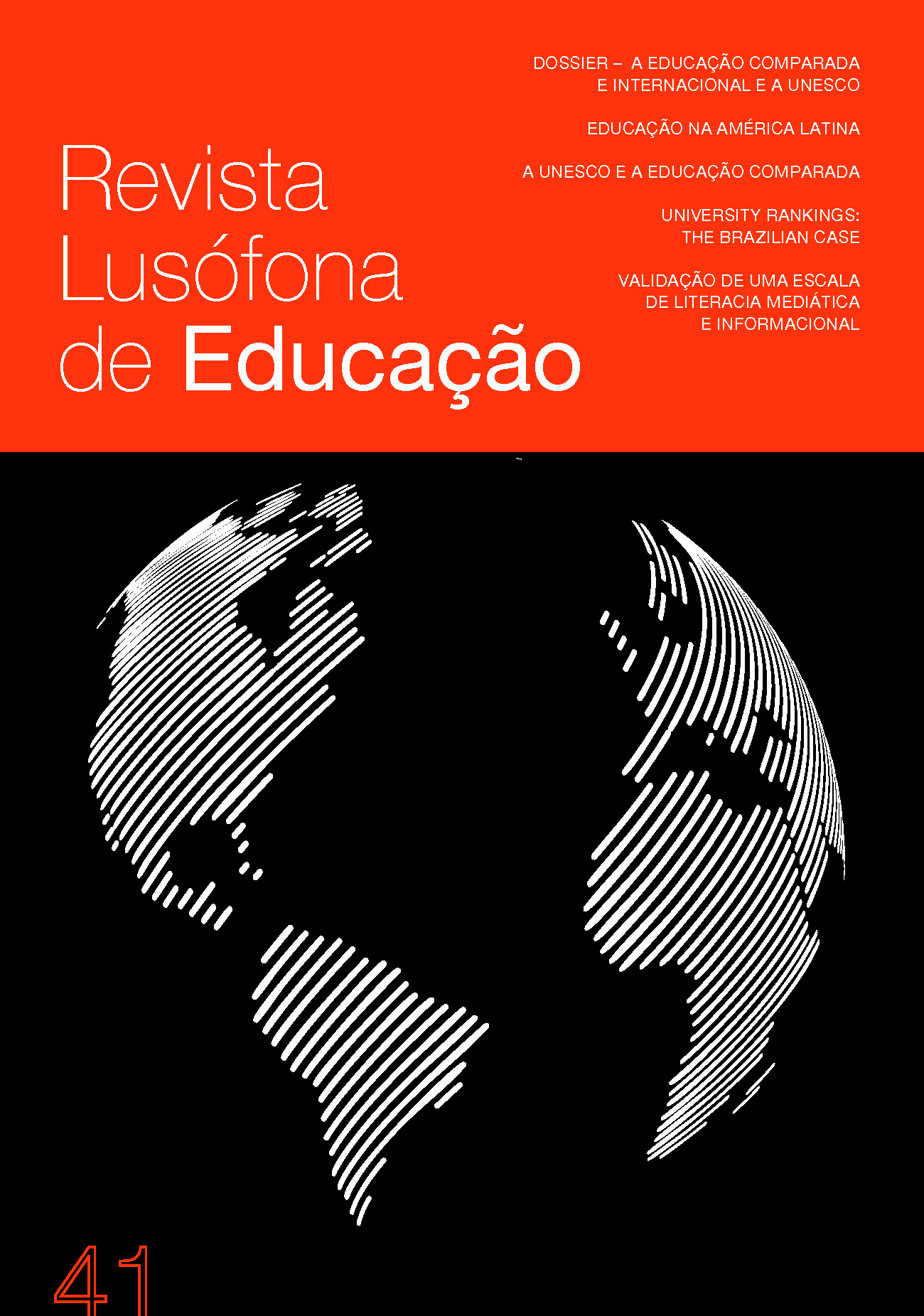Researching international schools: Challenges for comparative educational research
Resumo
For comparative educational research, the analysis of the field of international schools, from a global perspective, is a challenging area. In the last few decades, the number of international schools has increased worldwide, particularly in economically strong regions. Despite this the state of research remains generally modest, especially at the level of empirically consistent studies where a research deficit can be observed. Additionally, a shortage of analytical tools for researching international schools can be identified as this segment of education, determined by transnational phenomena, crosses over the national-states that are the traditional reference point of comparative educational research. In this contribution, firstly development tendencies such as the first appearance of the international school segment, influenced by international organisations such as Unesco, as well as their growth and diversification processes will be presented. Secondly, attention will be paid to the international state of research on international schools and research deficits will be shown. In the third part, there will be a reflection on the challenges of investigating international schools for comparative educational research.
Key words: international schools; transnational spaces of education; comparative educational research
Downloads
- Os autores e as autoras conservam os direitos de autor, sem quaisquer honorários, e concedem à revista o direito de primeira publicação, com o trabalho simultaneamente licenciado sob a Licença Creative Commons CC-BY - Atribuição 4.0 Internacional, a qual permite que outros compartilhem (copiar e redistribuir o material em qualquer suporte ou formato) e adaptem (remixar, transformar e criar a partir do material para qualquer fim, mesmo que comercial), com reconhecimento de autoria e publicação inicial na RLE;
- Os autores e autoras têm autorização para assumir contratos adicionais separadamente para distribuição não-exclusiva da versão do trabalho publicada nesta revista (ex.: depositar em repositório institucional ou como capítulo de livro), com reconhecimento de autoria e publicação inicial na RLE;
- Os autores e autoras têm permissão e são estimulado/as a publicar e distribuir o seu trabalho online (ex.: em repositórios institucionais ou na sua página pessoal), já que isso pode aumentar o impacto e a citação do trabalho publicado (Veja O Efeito do Acesso Livre).








